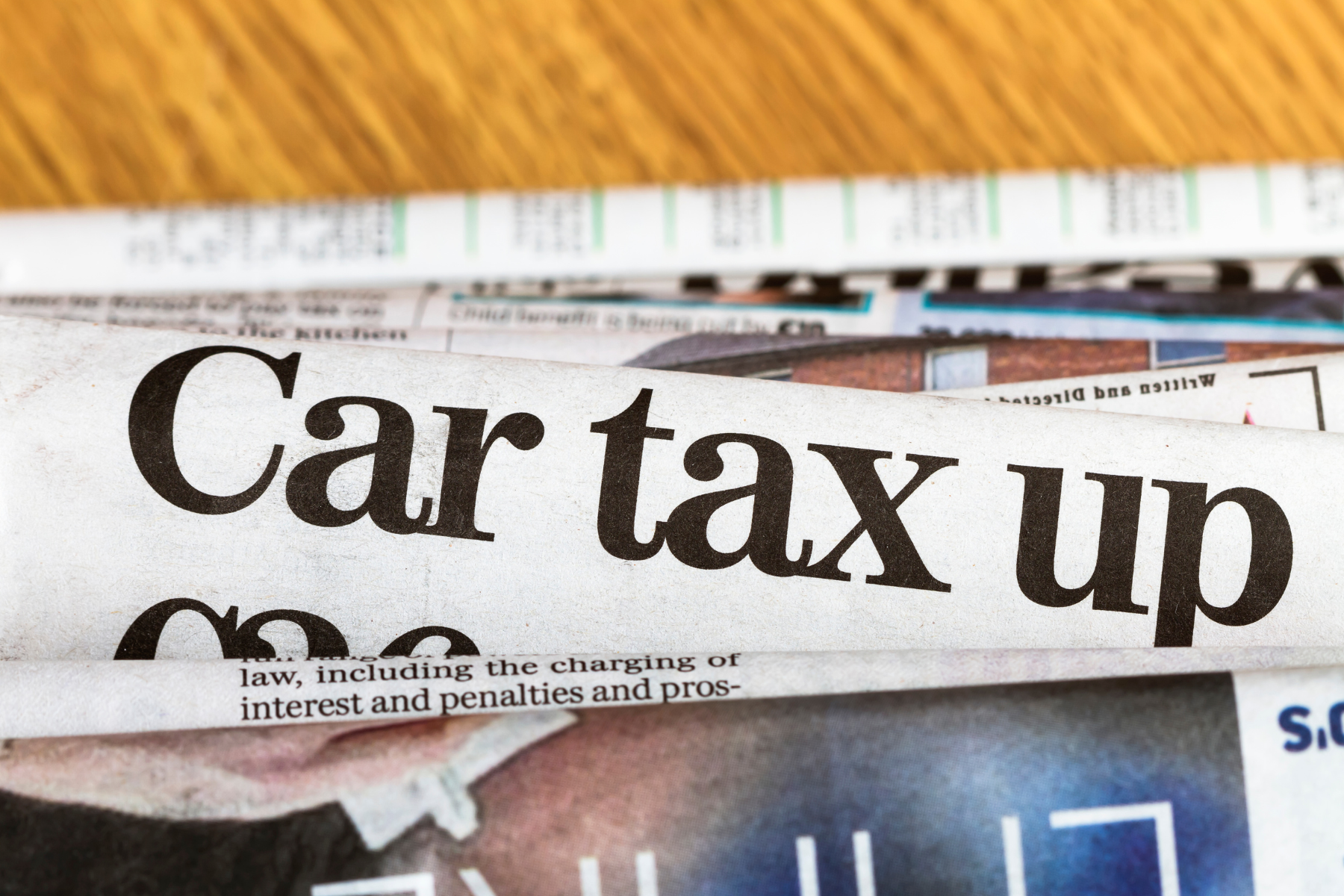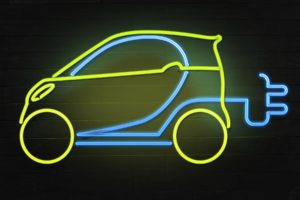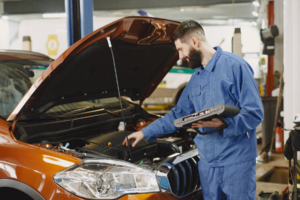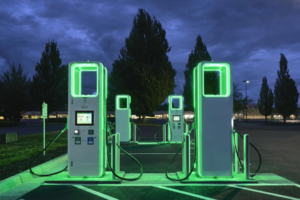AT LOGGERHEADS
The announcement of electric vehicle owners having to pay road tax from 2025 has caused quite a stir among industry experts and car owners alike. While some are applauding the move, others are worried that it could have a negative impact on the uptake of electric vehicles. According to Jeremy Hunt’s autumn statement, electric car owners will soon have to contribute to the upkeep of major roads. This decision has been met with approval by the RAC, who believe it’s only fair that all road users contribute towards maintaining the country’s roads.
On the other hand, the AA doesn’t share the same sentiments. It has expressed concern that this decision could slow down the road to electrification. The insurance company argues that introducing a road tax on electric vehicles could discourage potential buyers, who may see it as an additional cost on top of the already high purchase price of an electric car.
A FAIRER TAX
In parliament, the chancellor has been at it again, trying to make motoring taxes ‘fairer.’ Apparently, half of all new vehicles are going to be electric by 2025, so he wants to make sure that electric car owners are paying their fair share of taxes. But not to worry. There’s some good news for EV lovers! Jeremy Hunt’s autumn statement also revealed that company car tax rates for electric cars will remain lower than those for petrol or diesel vehicles. Nevertheless, Vehicle Excise Duty will be mandatory for all vehicle owners.
1550% INCREASE
Vehicle Excise Duty (VED) is a tax that is applied to every vehicle on the road, with the most polluting vehicles paying higher rates. However, the rates are also based on other factors, such as the list price of the vehicle. Until now, electric vehicles have been exempt from VED, but the government has recently announced changes to this. Starting from now, electric cars will be subject to an annual VED charge of £10 in the first year, followed by a charge of £165 from the second year onwards. The cost for electric vans will be even higher at £290. This move has been met with mixed reactions from the industry.
WHAT THE EXPERTS SAY
THE RAC
The RAC’s head of policy, Nicholas Lyes, believes that it’s only fair that electric vehicle owners start contributing to the upkeep of major roads from 2025. However, he also thinks that the government should have retained the first-year zero-VED rate as a partial incentive for electric car buyers.
THE AA
The President of the AA, Edmund King, has weighed in on the recent VED tax hike for electric vehicles. He believes that the increase is acceptable as long as other incentives for the transition to EVs remain in place. However, he also notes that VED rates for electric cars should still be lower than those for petrol or diesel vehicles. King is worried that increasing tax rates may slow down the adoption of electric cars. The motoring group has conducted research showing that surging electricity prices have deterred or delayed over 70% of drivers from switching to electric cars. This suggests that there are still barriers to the widespread adoption of electric vehicles beyond tax rates. King is also an advocate of cashback incentives. He recently told The Independent:
“More incentives are needed to help people switch electric vehicles so smart charging with the possibility of ‘cashback’ would be welcome. More than 70% of drivers have been so shocked by the surge in electricity prices that it has tainted their view of EVs.”
AUTO TRADER
Ian Plummer, an expert from Auto Trader, has expressed his agreement with the recent comments regarding the increase in Vehicle Excise Duty (VED) for electric vehicles. He believes that the Chancellor’s main objective is to generate revenue, but the additional running costs may discourage potential buyers from purchasing electric cars. Plummer highlights that drivers can save up to £80 for every 1,000 miles by switching to electric vehicles, but the VED tax hike will diminish a significant portion of these savings. He argues that this could make electric cars less attractive to consumers who are already concerned about the cost of owning and running an electric vehicle.
OUR NEXT STEPS
We need to tackle the obstacles that are stopping people from making the switch to electric vehicles and ensure that the right infrastructure is in place to support this transition. The government’s plan to phase out petrol and diesel vehicles is a massive undertaking that requires a major shift in the automotive industry. We must provide consumers and businesses with support during this time of change. Despite the recent slump in electric vehicle sales as reported by the Society of Motor Manufacturers and Traders, let’s not lose hope! The long-term trend is still looking good, and we can expect to see continued growth in the electric vehicle market as we get closer to the 2030 deadline. Who knows, maybe one day we’ll look back on ICE vehicles as relics from a bygone era!











